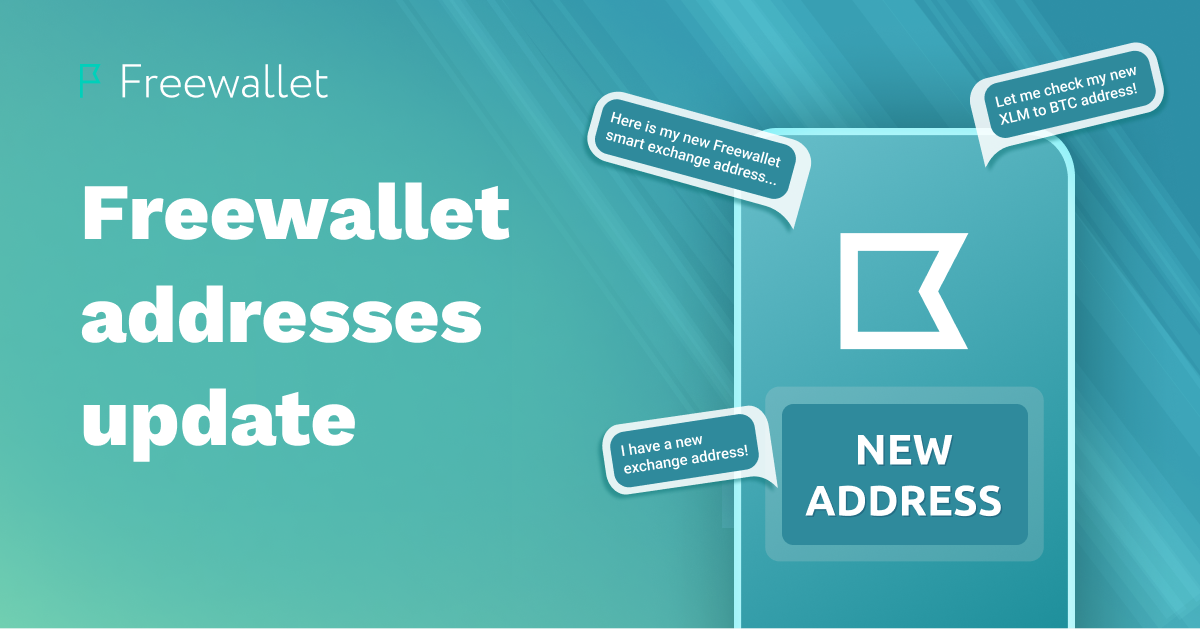Cryptocurrency arbitrage is gaining popularity among market participants. In this article, you will learn how to perform arbitrage and how to make money on it.
What is cryptocurrency arbitrage
Arbitrage is the trading of the same asset on different exchanges in order to obtain benefits. The same goes for cryptocurrency arbitrage – the simultaneous and synchronized purchase and sale of an asset in order to profit from price difference in two markets.
A price difference can be observed from 1 minute to several hours, depending on whether other market participants see the divergence of prices and begin to buy or sell crypto on another exchange, thereby increasing the price.
Differences in the price of an asset on different exchanges occurs for several reasons:
- There are a large number of cryptocurrencies and their pairs. The average number of cryptocurrencies on one exchange is 50-60.
- There are a large number of online exchanges where you can trade crypto. Currently there are over 300 exchanges with more on the way.
- There is no single center where prices for digital currencies are formed. In the fiat market, there are central banks who regulate exchange rates. In the world of cryptocurrencies, all market participants form the prices.
Types of cryptocurrency arbitrage
There are three types of cryptocurrency arbitrage:
Spatial – when trading operations are conducted on different trading platforms, but at the same time. Exchange A can offer Ethereum for $310 while Exchange B for $340. A trader can use this difference to his/her benefit and buy ETH on Exchange A and then sell on B, making a $30 profit.
Cross-border – when trading is performed on exchanges of different countries.
Statistical – when you trade using mathematical models. This method is more risky than others, since it uses trading algorithms that benefit from price discrepancies that exist for a very short time.
Benefits and risks of cryptocurrency arbitrage
Potential benefits of arbitrage:
- High profits in fiat and digital money.
- No special knowledge required.
- A transparent scheme that does not cause a conflict of interests between traders, cryptocurrency exchanges or other market participants.
However, when you try to arbitrate, you are likely to come across four obstacles:
- Inter-exchange arbitrage may take some time to verify transactions (for entering into exchanges and withdrawing from exchanges), and during this time the price of cryptocurrency may change.
- International arbitrage can also be complicated by customer identification laws (KYC). These are strict requirements, according to which sometimes a trader can conduct transactions on an exchange only after providing a valid passport or other document issued by the state.
- Many exchanges require verification in order to trade a large number of cryptocurrencies.
- Regardless of the type of cryptocurrency arbitrage, platforms charge a transaction fee and a withdrawal fee.
- Therefore, it is important for the trader to take these costs into account to be sure that there will be profit in the end.
- The volume of transactions should be high enough on both exchanges to satisfy large orders for the purchase and sale.
Cryptocurrency arbitrage bots
Finding a difference in prices is not an easy task for the human eye, that’s why you can automate it with special bots. A bot will collect the data of prices on cryptocurrency exchanges for you. After collecting the data, you can see the largest discrepancies and make money on arbitrage.
Blackbird
Blackbird is an open source arbitration bot written in C ++. What makes this project so attractive is that BlackBird supports several platforms, including Bitfinex, OKCoin, Kraken and Gemini. Blackbird is a very easy to use arbitrage bot as soon as everything is configured. In fact, there are clear instructions on how to configure everything, which makes the bot quite accessible.
Gekko
Gekko is a popular trading bot that can be also suitable for arbitrage. It supports a wide range of exchanges including Kraken, CEX and Bitstamp. The project is open source and can be found on GitHub.
Gimmer
This is one of the most famous trading bots, which also supports arbitrage trading. Users have options for testing strategies using retrospective data and even renting them out. Users can configure this software for many exchanges – Huobi, BitMEX, Binance, Poloniex, Bitfinex and Kraken.
HaasOnline
The HaasOnline cryptocurrency trading product allows you to create profit strategies and provides opportunities for customization of the bot.
Now, HaasOnline has introduced arbitrage trading using the Arbitrage Bot Script, which allows users to trade different currencies between several exchanges. The list of supported exchanges includes Binance, Gemini, OKEx Futures, Novaexchange, and many others. The wide range of options that comes with this product allows traders to gain excellent experience in using trading and arbitrage software.
Cryptocurrency Arbitrage schemes
Scheme #1 – Intermarket Spread
For example, on the HitBTC exchange 1 Bitcoin is trading at a price of $7500 per coin, while Bitfinex exchange has Bitcoin for $8100. A trader buys 1 BTC on the first exchange, transfers it to the second exchange and sells there. As a result, he or she makes a profit of $600.
In this scheme you can lose money on the platform fees and miss a good price wasting time while transferring your money from one exchange to another. If you take a long time to transfer funds from one platform to another, your profit window may close before the transaction is completed.
Scheme #2 – Using Exchange Deposits
The second scheme is designed to solve the key problem of the quick transfer of cryptocurrency between the buying exchange and the selling exchange. The idea is to store the funds used for arbitration on deposits at crypto exchanges. This way you won’t have to waste your time transferring funds because they are already on the needed platforms.
For example, you have deposits with 2 BTC and 200 XRP on two cryptocurrency exchanges. When a spread appears in a XRP / Bitcoin pair, we buy XRP on the first exchange for Bitcoin, and on the second exchange we sell XRP. After that, we make our deposits on both cryptocurrency exchanges equal. The scheme eliminates all the risks with time management but you still need to take into account platform fees on transactions.
Scheme #3 – Triangular arbitrage
These are transactions aimed at making a profit by identifying price differences in quotes between different crypto assets on the same exchange platform. The idea is to make profit between three or more currencies. The name of the scheme is not binding, as there can be more than three assets.
For example, you buy Bitcoin in USD and then buy Ethereum for BTC and then exchange Ethereum back to USD. The downside in triangular arbitrage is the risk that the rate may change while you’re searching for optimal trading pairs. To minimize it, traders use cryptocurrency trading bots.
Conclusion
The arbitration process is not as simple as it might seem at first glance. In general, arbitration may be an opportunity to earn some income, but at the same time, it carries huge risks. Before engaging in arbitrage, it is important to remember the legal, technical and financial obstacles, and take into account all the possible commissions and the everpresent volatility in the cryptocurrency market.
Related
Stay tuned
Subscribe for weekly updates from our blog. Promise you will not get emails any more often.
Most Popular
New Posts
Stay tuned
Subscribe for weekly updates from our blog. Promise you will not get emails any more often.








